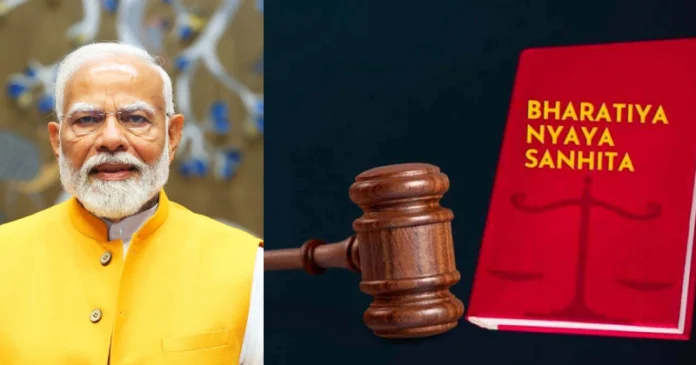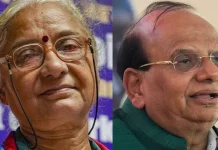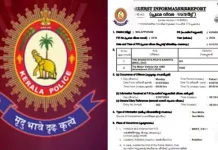The Indian Penal Code, a criminal law introduced by the British, was used by the courts in India even three-quarters of a century after independence. From July 1, the Indian Penal Code will be replaced by the Bharatiya Nyaya Samhita. All new cases will be tried and sentenced accordingly. It should be taken up and common people should know
First of all, don’t wait to lodge a complaint at the police station and file an FIR. Filing an FIR is not a courtesy of the police. Henceforth it will be E FIR and not FIR. There will be no FIR from now on. E-FIR will also be filed in court.
E-FIR should be given to the complainant. Forensic examination is now mandatory in all cases with a sentence of more than 7 years. No matter what the crime is.. If the punishment is more than 7 years then forensic examination is also done. This is to scientifically lock up the guilty and prevent the innocent from getting involved in the case
Another is that every investigation conducted by the police in a case should be videotaped. The video should not be edited or added. This is to prevent innocent people from being implicated in the case. But video footage can help prevent criminals from escaping and the police from tampering with the case. That means the police cannot continue in the old way. Everything will be digital evidence. The police will not be able to overturn the case
The new criminal laws, which will be known as the Bharatiya Nyaya Samhita, will replace the IPC. The CrPC will be replaced by the Bharatiya Nagarik Suraksha Sanhita and the Indian Evidence Act will be replaced by the Bharatiya Sakshya Adhiniyam from July 1. It is planted in the background from July 1
Congress is against the new law. In favor of the old British law, the I.P.C. West Bengal Chief Minister Mamata Banerjee had last week written to Prime Minister Narendra Modi asking the central government to implement the laws as they were passed in undue haste. The opposition party Congress had raised the same demand last week. Congress Chief Whip in the Rajya Sabha Jairam Ramesh has asked for the three new laws to be referred for review once the new Parliamentary Standing Committee on Home Affairs is constituted. Last December, the President gave his assent to new criminal laws to replace the colonial-era Indian Penal Code, Code of Criminal Procedure and the Indian Evidence Act of 1872. , with effect from July 1.
In this regard, Narendra Modi says: The idea of changing the criminal law has been discussed for decades, but it was my government that had the courage to do it. Regarding the new law, Rashtopatri Draupathi Murmu says: Many people were afraid to change the British laws. But as time changed, so did Britain and so on. Indian laws have not changed. Didn’t go digital either. Draupadi Murmu also clarified that justice will now take priority over punishment, which is in line with the spirit of our Constitution/The new laws will speed up the judicial process and reiterated the government’s commitment to “fair investigation”. Criminals should be severely punished. The President also stated that innocent people should not be punished






















